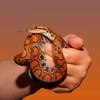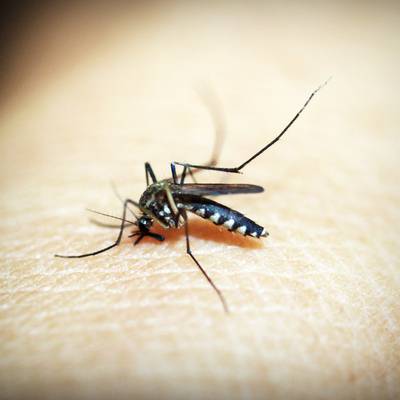General
Transport
People
Accomodation
Food & Drink
Sightseeing
Legal
Money
Safety & Health
 Is Sri Lanka safe to visit?
Is Sri Lanka safe to visit?
 Should I take any health precautions when traveling to Sri Lanka?
Should I take any health precautions when traveling to Sri Lanka?
 Is it easy to get medical help in Sri Lanka?
Is it easy to get medical help in Sri Lanka?
 I'm afraid of snakes. Are there any snakes in Sri Lanka? Can you find snakes in hotels?
I'm afraid of snakes. Are there any snakes in Sri Lanka? Can you find snakes in hotels?
 Is Sri Lanka safe for solo female travelers?
Is Sri Lanka safe for solo female travelers?
Family travel

What is dengue fever and how can it be avoided?
The mosquito-borne disease dengue fever remains a genuine concern in Sri Lanka. Dengue is particularly common in Colombo and along the west coast, with regular outbreaks following the southwest monsoon in October/November (one particular violent epidemic in the first half of 2017 saw 80,000 cases reported, with 215 deaths). There are four subtypes of dengue fever, so unfortunately it’s possible to catch it more than once. The disease is typically characterized by the sudden onset of high fever accompanied by chills, headache, a skin rash and muscle or joint pains (usually affecting the limbs and back, hence dengue fever’s nickname “break-bone fever”). The fever usually lasts three to seven days, while post-viral weakness, lethargy and sometimes depression can persist for anything up to several weeks. A rare but potentially fatal complication is dengue haemorrhagic fever (DHF), which is almost entirely confined to children under fifteen who have previously been infected with dengue fever.
There is no vaccine for dengue fever, which makes avoiding getting bitten in the first place all the more important, however, unfortunately the mosquitoes that transmit dengue bite during the day, making them harder to guard against than malarial mosquitoes.
Although it’s difficult to avoid being bitten there are a few standard avoidance techniques you can use:
- wear light-coloured clothing with long sleeves;
- use a repellent;
- always sleep under a net;
- burn a mosquito coil in your room or put one under the table while you eat;
- Pyrethroid tablets – an alternative to coils, which you place on a tray and put in a plug; the electricity heats the tray and vaporizes the Pyrethroid;
- citronella oil (available from many chemists in Sri Lanka) is also thought to be good for repelling mosquitoes.

I'm afraid of snakes. Are there any snakes in Sri Lanka? Can you find snakes in hotels?

Am I expected to tip in Sri Lanka?

What are the restrictions regarding alcohol consumption?

What type of adapter do I need for the outlets?

Is there a tea and coffee culture in Sri Lanka?
